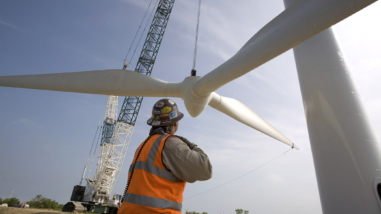Environmental Law Institute
For The Climate Judiciary Project
-
Amount$250,000
-
Program
-
Date Awarded9/24/2024
-
Term18 Months
-
Type of SupportGeneral Support/Program
Strategies
Overview
The Environmental Law Institute fosters innovative, just, and practical law and policy solutions to enable leaders across borders and sectors to make environmental, economic, and social progress. The Climate Judiciary Project began in response to demand from the judiciary for education about climate science. The project meets this need with authoritative, objective, and trusted information about the science of climate change, as it is understood by the expert scientific community and relevant to the law. The project has developed a robust, publicly available Climate Science and Law for Judges curriculum that it will build on by partnering with national and state judicial institutes to deliver programming on climate science and how it is arising in the law.
About the Grantee
Grantee Website
www.eli.org
Grants to this Grantee
for the Climate Judiciary Project
The Environmental Law Institute fosters innovative, just, and practical law and policy solutions to enable leaders across borders and sectors to make environmental, economic, and social progress. The Climate Judiciary Project began in response to demand from the judiciary for education about climate science. The project meets this need with authoritative, objective, and trusted information about the science of climate change, as it is understood by the expert scientific community and relevant to the law. The project has developed a robust, publicly available Climate Science and Law for Judges curriculum that it will build on by partnering with national and state judicial institutes to deliver programming on climate science and how it is arising in the law.
for the Climate Judiciary Project
A grant to the Environmental Law Institute will support the Climate Judiciary Project, which was launched in 2019. The goal of the project is to increase judges’ understanding of the objective facts of climate science as it is understood by the expert scientific community, and how the lack of information would result in serious consequences for human and natural systems. This will lead to better-informed decisions and ultimately build a body of law supporting climate action.



